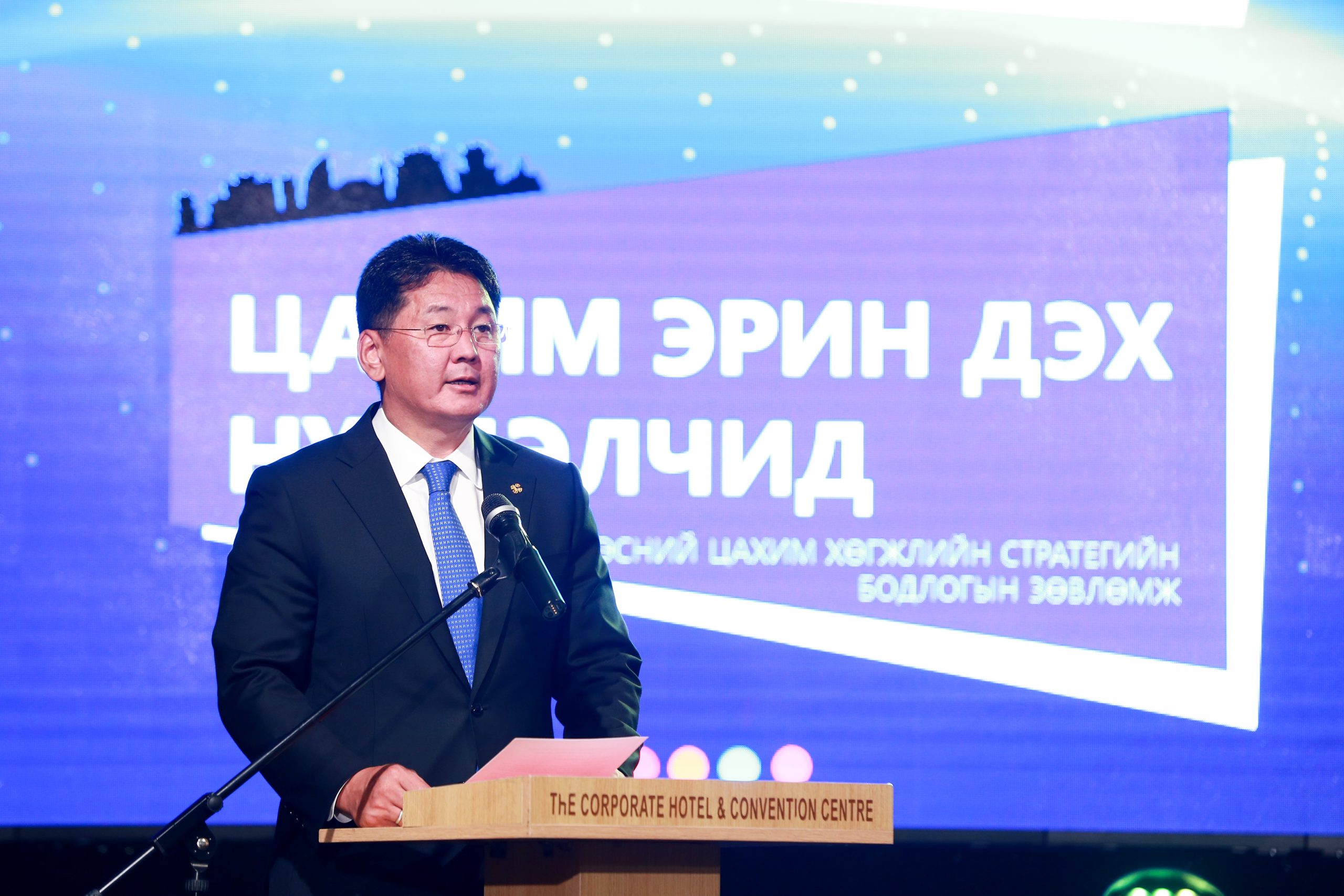Mongolia in the digital age project

The Digital revolution is radically transforming lives and livelihoods. Technological advancement is essential for the development of the Mongolian economy and society. Indeed, technology can create further opportunities that could become the backbone of our economy. The fact that the Mongolian population is relatively young compared to other countries can be regarded as an advantage in fostering the digital economy. Even so, there are far fewer people who can reap the full potential of frontier technologies.
Mongolia needs to identify its national strategy for digitalization following the best practices of other countries that successfully integrated advanced technology into their economic policies. This strategy will play as a roadmap to the prosperity of an inclusive digital economy for everyone including policymakers, businesses, and citizens.
From February to September 2019, the “Mongolia in the digital age” project was implemented by the Pathways for Prosperity Commission under Oxford University and local partner Access Solutions LLC with close collaboration from the government of Mongolia. The main purpose was to show how the Mongolian government, private sectors, and citizens can cooperate in integrating digital technology, fostering the sustainable development of economic sectors, and creating jobs.
Following a series of discussions on the primary findings from the assessment of Mongolia’s readiness to capture digital opportunities, several recommendations were drawn up.
The Pathways for Prosperity Commission works with highly skilled global leaders from the government, private sectors, and academia. The co-chairs, Melinda Gates, the Minister of Finance in Indonesia Sri Mulyani Indrawati, and executive chairman of Econet Group Strive Masiyiwa make their efforts in encouraging national policymakers to avoid the misconception that technology destroys jobs, so they could welcome technological innovation openly and accelerate inclusive economic growth.
Even though a country should determine its pathways to inclusive prosperity in the digital age, the policymakers certainly will require assistance and support in certain areas. The Pathways for Prosperity Commission has provided a digital economy kit which is a framework for harnessing digital technology to enhance inclusive economic growth following their national strategies. The kit includes tools for (1) assessing economic readiness for the digital age (2) holding national digital dialogue for strong digital foundations (3) developing a national strategy to accelerate the digital readiness of a country and enable inclusive economic growth.
The assessment results were presented at the international conference called “Nomads in the digital age” on September 17, 2019. The event was attended by the Prime Minister of Mongolia Ch.Khurelsukh, the Minister of Foreign Affairs D. Tsogtbaatar, the Major of Ulaanbaatar and Governor of the Capital of Mongolia S. Amarsaikhan, the Communication and Information Technology Authority, the Information Technology Division of the Cabinet Secretariat of Government of Mongolia, a professor of the Pathways for Prosperity Commission Stefan Dercon, and other representatives. The “Nomads in the digital age” conference begun with opening remarks from a co-chair of the Pathways for Prosperity Commission Melinda Gates. Then it was followed by the results of the assessment, and the discussion on further challenges.
The strategic recommendations of the “Mongolia in the digital age” initiative provide the following six sets of directions.
- Providing digital literacy for all ages
- Increasing Internet connectivity
- Creating a business-friendly and effective policy environment
- Building an ecosystem that provides support to innovative startups
- Ensuring cybersecurity and information security
- Accelerating the development of other sectors through technology
According to the assessment report and the strategic recommendations, Mongolia has a huge potential to accelerate economic and social growth by harnessing frontier technology. Furthermore, it was concluded that Mongolia is in good condition in terms of digital readiness. The finding opens a door to new frontier technologies and digital opportunities. Foremost priority must be given to rapidly digitalizing economically significant sectors such as mining, agriculture, and energy.
To become part of the global digital economy that is based on emerging technologies, Mongolia needs to focus on building the necessary infrastructure and focus on acquiring talent. Furthermore, it will require agreement, support, and close cooperation from the government, businesses, civil society, and citizens.
This strategic recommendation for national digital prosperity will play a crucial role in building an inclusive digital economy and for preparing a globally competitive workforce in Mongolia.
The government of Mongolia launched the next-level project called “E-Mongolia” to digitalize public services and to build e-governance by taking the Republic of Estonia as a role model. The “National Committee on Digital development” under the Cabinet Secretariat of Government of Mongolia established a working group to assess the digital environment and develop the most suitable model for Mongolia with the collaboration of the e-Governance Academy of Estonia. For instance, they held an “E-Mongolia” forum that brought together over 100 representatives from both the public and private sectors in Ulaanbaatar on December 4, 2019. As an opening remark, the President of Mongolia Kh. Battulga said, “One of the government priorities for the future development of Mongolian society and economy is to strengthen the e-governance.”
A mobile application is an optimal and user-friendly solution for building e-governance and, of course, digitalizing all public services. In light of the initial findings of the “E-Mongolia” project, all bureaucratic and not readily available public services will be digitalized first. Currently, the working group is aiming to make those services publicly accessible by the first half of this year.
